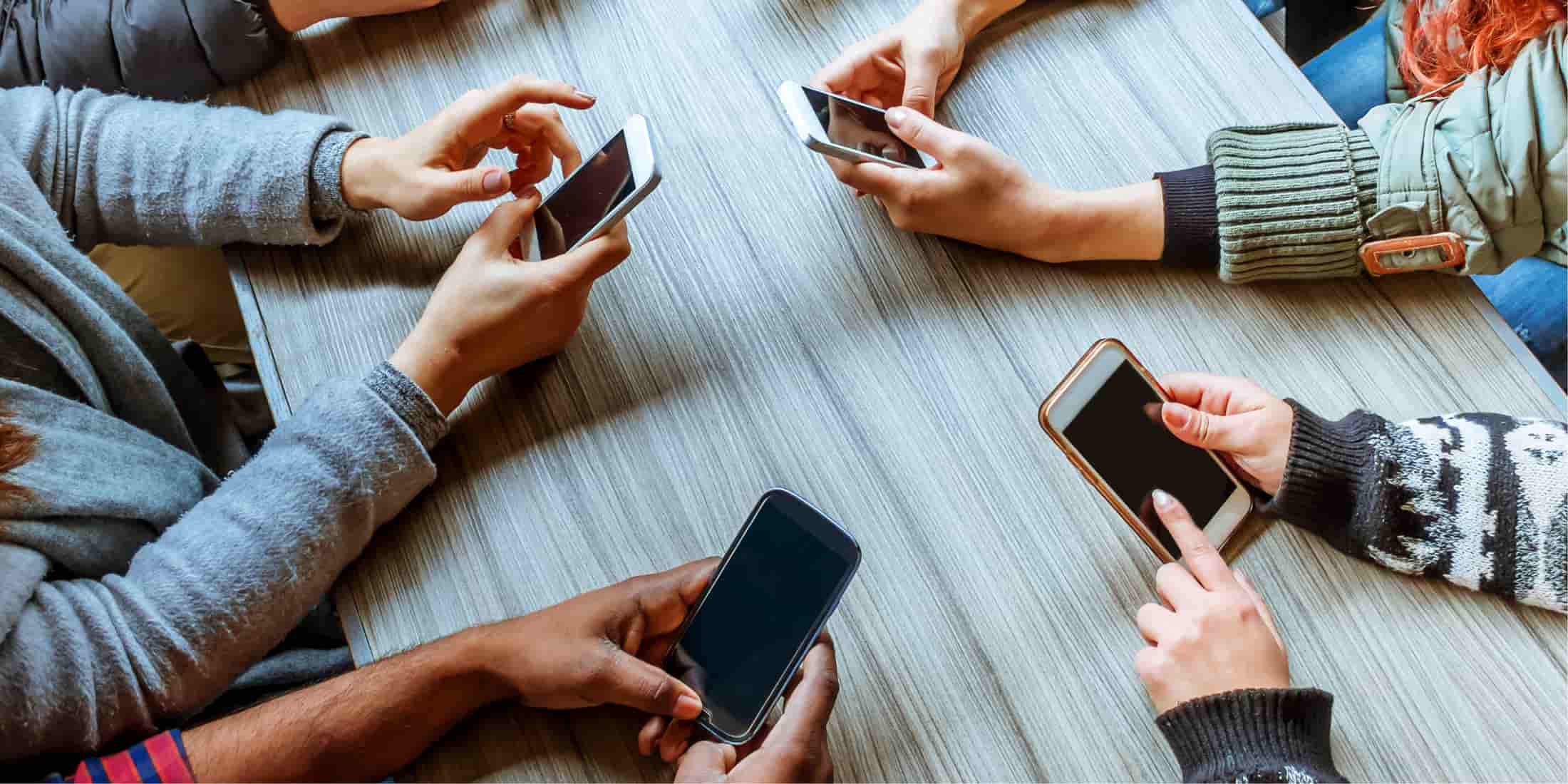
Life has a different narrative when addiction is added to the equation. An addiction to anything will harm the quality of life. The use of a cell phone has decreased everyday authentic social interactions. A cell phone is a device that is commonly used in everyday life, yet it has become a rebarbative object that serves as the main component in a severe addiction to most users
This cliche object can bring people together yet rip people apart simultaneously. More attention is given to this device than actual live people who are in the user’s physical presence. In the current times, it is not uncommon to go to a restaurant and see what is supposed to be a family out to dinner, a family just sitting together on their cell phones. The dynamics of social interactions have changed with the advancement of the cell phone. According to a September 2014 article published on the Penn State website, limited face-to-face contact can cause anti-social behavior. The cell phone grants the user minor physical interactions with texting and social media, becoming a significant part of communication. This change may suggest that the underlying issue is nomophobia or cell phone addiction.
People like Geoffrey James, a contributing editor to the online newsletter Inc., stated in a January 2018 online publication that having a cellphone addiction is “baloney.” James quotes the definition of addiction from The U.S. National Library of Medicine of the National Institutes of Health and, in summary, claims that behavior only becomes addictive when it a habit turns into an obligation that has psychological and physical withdrawal symptoms.
James openly admits in his article that there are studies that support the claim of cellphone addiction. The 2015 research of Caglar Yildirim, in which he used a questionnaire to help support his research on cell phone addiction or nomophobia, concluded in 2016 stated, “The results revealed 42.6% of young adults had nomophobia, and their greatest fears were related to communication and information access.” A more recent 2019 study published by NCBI (National Center for Biotechnology Information) on cell phone addiction and mental health stated, “Mobile addiction not only has physical effects but also psychological and academics effect at the same time. Sleep deficit, anxiety, stress, and depression which are all associated with internet abuse, have been related to mobile phone usage too. All entities which can stimulate a person can be an addiction. Whenever a habit is converted into an obligation, it becomes an addiction.”
The need to check Facebook, emails, Instagram, and other digital communication, has become conditioned into everyday normality. We need to recognize signs and educate people about nomophobia. In a 2019 online article published in March by Life And Health Network, the author Grace Jauwena talks about how most people do not know they have an addiction to their cell phones. Jauwena continues by explaining that people find reasons for needing cell phones because of business or social interactions they deem essential. We must be aware of the signs of nomophobia and vigilant in protecting ourselves from this addiction. Jauwena gives signs of addiction to help people become aware of the behaviors that produce this addiction. Cell phone addictions involve:
● Sleep disturbances and insomnia caused by heavy phone usage
● Reliance on the phone to experience satisfaction and relaxation
● Feelings of anxiety or irritability when separated from the phone or when faced by the inability to use it (for example, when you realize your phone is low on battery)
● Feelings of loneliness or swift mood changes when you’re unable to send messages or receive immediate responses”
We must be aware and understand that we must preserve and encourage traditional social interactions to prevent addiction and promote healthy mental health in this technological society. SAMHSA(Substance Abuse and Mental Health Services Administration) National Helpline can assist if needed at 1-800-662-4357. So, if you exhibit some of these symptoms, get help or, more importantly, put down your phone and talk to someone.




